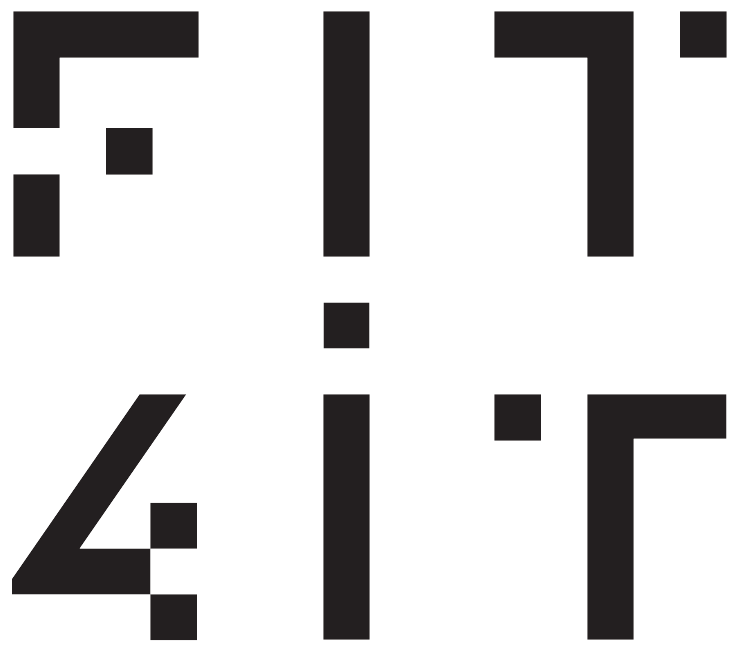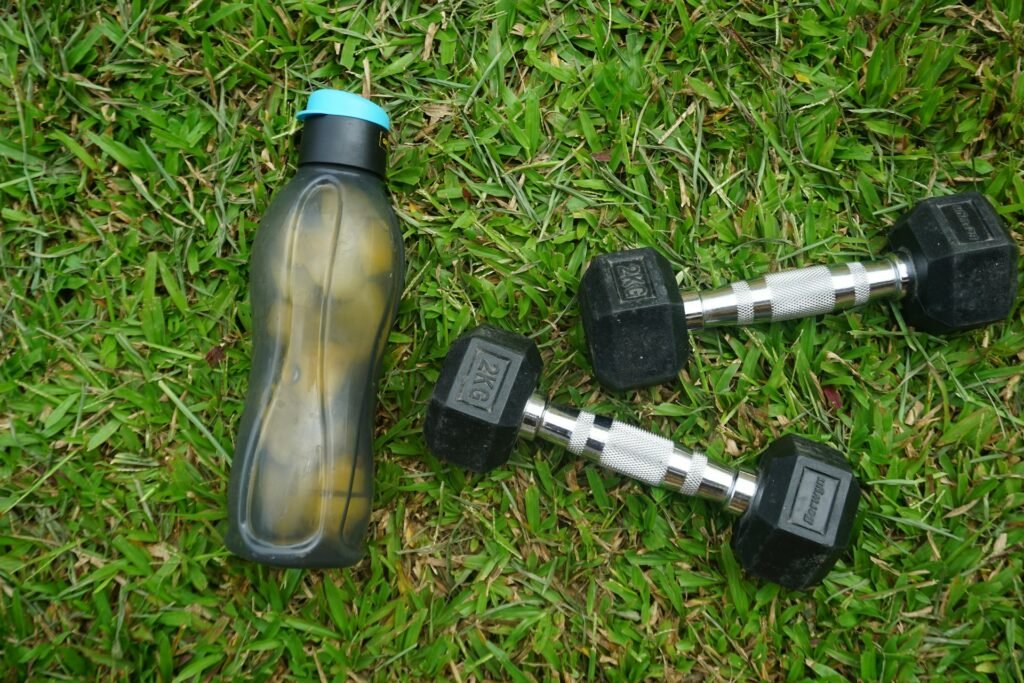When most people set out to build strength, the plan is pretty predictable: Lift more. Eat more protein. And yes, those matter a lot. But here’s what hardly anyone talks about: there’s a missing piece in the muscle-building puzzle, and it’s smaller than you think.
A major study published in May 2025 has brought the spotlight to something most of us overlook: micronutrients. These tiny minerals might not look as flashy as protein powders or gym PRs, but they have a huge impact on your muscle health, strength, and even how well you move.
The real standouts? Magnesium. Zinc. And, surprisingly, Omega-3 fats. Let’s have a look at how helpful Magnesium and Zinc are for muscle growth.

Magnesium and zinc for muscle growth are essential because they support energy production, muscle repair, and overall strength.
What The Research Actually Found
Instead of relying on short-term experiments, researchers dug deep, right into people’s DNA, to uncover the truth. They wanted to know: if your body naturally carries higher levels of certain nutrients, does that translate into stronger, healthier muscles over a lifetime? The results left little room for doubt. The answer was a clear and powerful yes.
- Magnesium protects muscle mass. People with higher magnesium levels had more lean muscle and were better at keeping it as they aged.
- Zinc boosts movement and energy. It’s linked to higher activity levels and even a faster walking pace, clear signs of better mobility.
- Omega-3s? A twist in the story. The study showed a complex relationship with muscle mass, but omega-3s are still essential for heart, brain, and joint health, so don’t even think about cutting them.
Why This Matters For You
Because if you’ve ever felt like this:
- You’re tired halfway through a workout.
- Recovery feels painfully slow.
- Or you just can’t seem to build or keep muscle.
Incorporating personal training alongside proper nutrition can significantly enhance the benefits of magnesium and zinc for muscle growth and strength.
How To Get Enough Without Overthinking It
Here’s the good news: you don’t need an expensive DNA test or a shelf full of supplements. Start with real food.
- Magnesium: spinach, pumpkin seeds, almonds, dark chocolate. (yes, chocolate counts!)
- Zinc: beef, chicken, eggs, chickpeas, hemp seeds.
Even better, a qualified nutritionist can help you create a meal plan rich in magnesium, zinc, and omega-3s to maximize muscle growth and recovery.

A diet rich in magnesium and zinc for muscle growth can also improve workout recovery and reduce fatigue.
Final Words
Training and protein will always matter. But the real magic? It’s in the details most people ignore. Magnesium and zinc are quite powerful players for muscle strength, energy, and mobility. And omega-3s? Still a health superhero in every way that counts.
So next time you plan your meals, don’t just count protein. Think minerals. Your body will thank you now and years from now.
Further Reading & References
- Harvard T.H. Chan School of Public Health, The Nutrition Source. Magnesium. Available at: https://nutritionsource.hsph.harvard.edu/magnesium/
- Healthdirect (Australian Government). Foods high in zinc. Available at: https://www.healthdirect.gov.au/foods-high-in-zinc
- Garrison, S. R., et al. (2023). Effects of magnesium supplementation on muscle soreness in different types of physical activities: a systematic review. Journal of the International Society of Sports Nutrition, 20(1), 1-13. https://pubmed.ncbi.nlm.nih.gov/38970118/
- Hashimoto, K., & Takamura, M. (2020). Zinc at the crossroads of exercise and proteostasis. Frontiers in Physiology, 11, 570. https://pmc.ncbi.nlm.nih.gov/articles/PMC7284914/
- Smith, G. I., et al. (2019). The Influence of Omega-3 Fatty Acids on Skeletal Muscle Protein Turnover in Health, Disuse, and Disease. Frontiers in Nutrition, 6, 144. https://www.frontiersin.org/articles/10.3389/fnut.2019.00144/full
- Jia, X., et al. (2025). Causal relationships between micronutrients and sarcopenia: a two-sample bidirectional Mendelian randomization study. Archives of Gerontology and Geriatrics, 122, 105423. https://pubmed.ncbi.nlm.nih.gov/40483991/
Was this helpful?
Good job! Please give your positive feedback
How could we improve this post? Please Help us.







No Comments